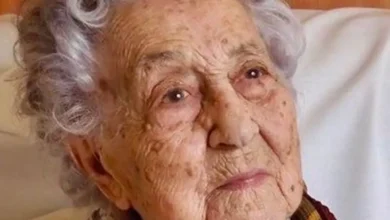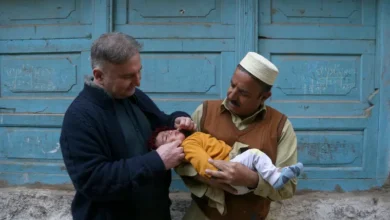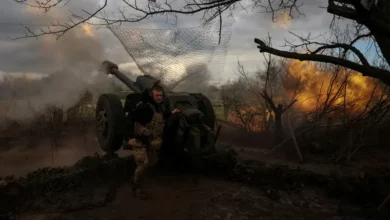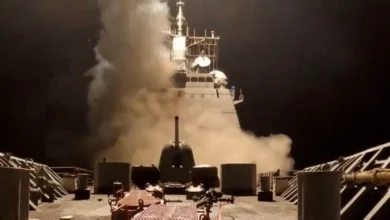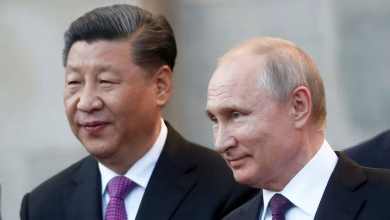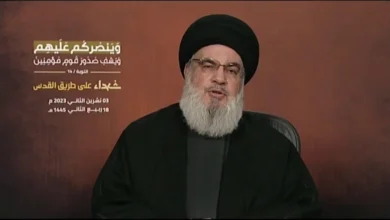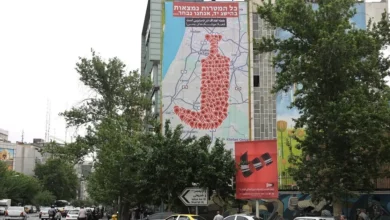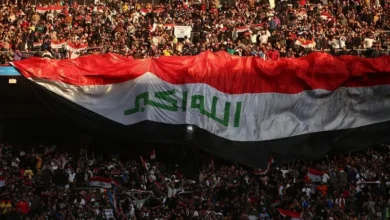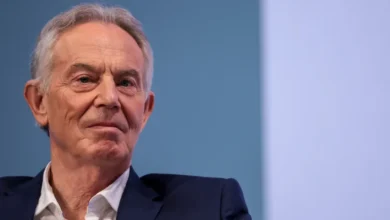Israel ‘on a high’ after Nasrallah killing, as mood for an invasion grows
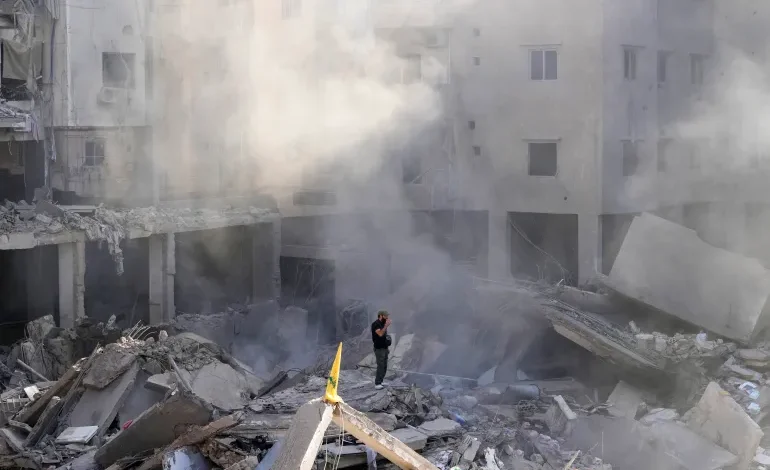
Israel has largely been fractured over the past year, divided over what went wrong during the Hamas-led attack on October 7, what the priorities of its war on Gaza should be, and whether Prime Minister Benjamin Netanyahu is the right man to lead the country.
But the assassination of Hezbollah leader Hassan Nasrallah in Beirut last Friday has provided Netanyahu with a major win, say analysts, and has united many of Israel’s politicians – and its public. That ballast for Netanyahu is likely to encourage Israel to push forward with a ground war on Hezbollah and Lebanon, according to some experts.
Opposition leaders have lined up to salute the killing of Nasrallah, carried out by a barrage of bunker-buster bombs that levelled several large residential buildings.
Yair Lapid, a former prime minister and the current leader of the opposition, congratulated the Israeli military and said that Israel’s enemies should “know that whoever attacks Israel is a son of death”. And Benny Gantz, a rival of Netanyahu’s who stepped down as a war cabinet minister in June, called the killing “a matter of justice” that was an opportunity to “advance the war’s objectives”.Israel has defined its objectives for the war as the release of captives held in Gaza, the defeat of Hamas and the return of Israelis to their homes in the north of the country — from where about 60,000 Israelis have been displaced since the start of the Gaza war and the onset of the crossfire between Israel and Hezbollah.
Nasrallah’s killing has bolstered the view within Israel that the time is right to target Hezbollah still further, and seek a decisive victory against the armed group. That’s despite Israel’s growing international isolation over the death of more than 41,500 civilians in Gaza, and the rising death toll in Lebanon, where more than 700 people have been killed in recent days.
“On Friday we killed an archenemy, one who has killed many Israelis, Americans and others,” Israeli pollster and former aide to a number of senior politicians, Mitchell Barak, said of Nasrallah’s death. “It’s what we’ve been saying for years: we will punish and kill anyone who tries to harm us.”
Barak said a new confidence had taken hold across many parts of Israeli society, as enthusiasm for a land invasion grows — along with the desire for the final destruction of what many within Israel saw as an enduring foe.
“We know this is the time to continue into Lebanon and not allow [Hezbollah] to regroup,” Barak said. “Killing Nasrallah and the attacks upon their beepers and walkie-talkies of last week … has left them weak, but they’re still armed and they’re still dangerous. We need to push them back, at least to the Litani River [in southern Lebanon], maybe further.”
Imminent invasion?
In 2000, Israel ended an 18-year occupation of southern Lebanon, though it has since engaged in numerous attacks on its northern neighbour — and in turn faced missiles from Hezbollah. In 2006, Israel and Hezbollah fought a war.
Now, some in Israel are arguing that an Israeli presence on the Lebanese side of the border is necessary to allow for the return of civilians who have had to leave northern Israel as a result of rocket fire from Lebanon.
